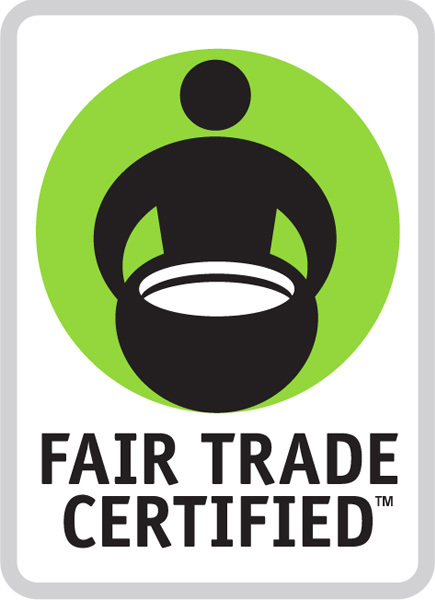Fair Trade for All
"I am the living image of a coffee farm worker in my country, and I am very proud to represent this image. We are not only farm workers, we are also professionals, we are experts in the area, but we are poor professionals. We are professionals that haven't had a chance to earn a stamp."- Leonardo Garcia, cherry picker, La Revancha, Nicaragua
Traditionally, coffee farmers have worked in extremely challenging conditions with little to no assurance of the amount of money they will be paid, no security, little privacy, and crammed living quarters. Basic items like fresh running water, separate living quarters and washrooms for some are a luxury. Fair Trade USA has spent 15 years within the coffee community and externally encouraging sustainable practices for both the environment and for the entire coffee community. Founded in 1998, Fair Trade USA, Oakland, Calif., currently works with more than 750 clients--400 of those clients are coffee related. Until recently, Fair Trade principles were limited to farms that were involved in a cooperative.
As a preliminary measure, Fair Trade USA sets a minimum price for each of its products, whether coffee or bananas, ensuring that the famers will not be impacted by market fluctuation. "One of the most important parts of fair trade is the economic empowerment," said Jenna Larson, public relations manager at Fair Trade USA. "The minimum price serves as a safety net for farmers when the market fluctuates really low. When the market rises, they pay market prices."
Fabian Muinez, an independent smallholder who lives in Colombia, emphasized the frustration with the traditional purchasing process. The producers work hard at the farm to grow their coffee with no idea of the price they are going to receive. "The coffee market is for the intermediary, the middle man. They have the time to go farm to farm to buy the coffee from the small producers," said Muinez. "There is no room for negotiation for the producers; they take the offer as they don’t have any other access/opportunities to sell their coffee."
Previously, independent smallholders like Muinez would have been excluded from the benefits of Fair Trade USA. The original process was developed for farmers who were involved in the cooperatives, excluding both independent small farmers and large estates. However, Fair Trade USA wants to change this process, and has implemented the pilot initaitve "Fair Trade for All."
The principles behind this program are three-fold: 1.) strengthening farming communities 2.) including more farmers, farm workers, and communities, and 3.) engaging the consumer. The purpose of this two-year pilot project is to evaluate whether current Fair Trade principles can be effective in non-cooperative (primarily independent smallholders and migrant workers). Currently there are 12 pilots worldwide including Central America, Africa and Southeast Asia. As of today, seven of these have been certified.
Continue reading online in the September issue of Tea & Coffee Trade Journal




